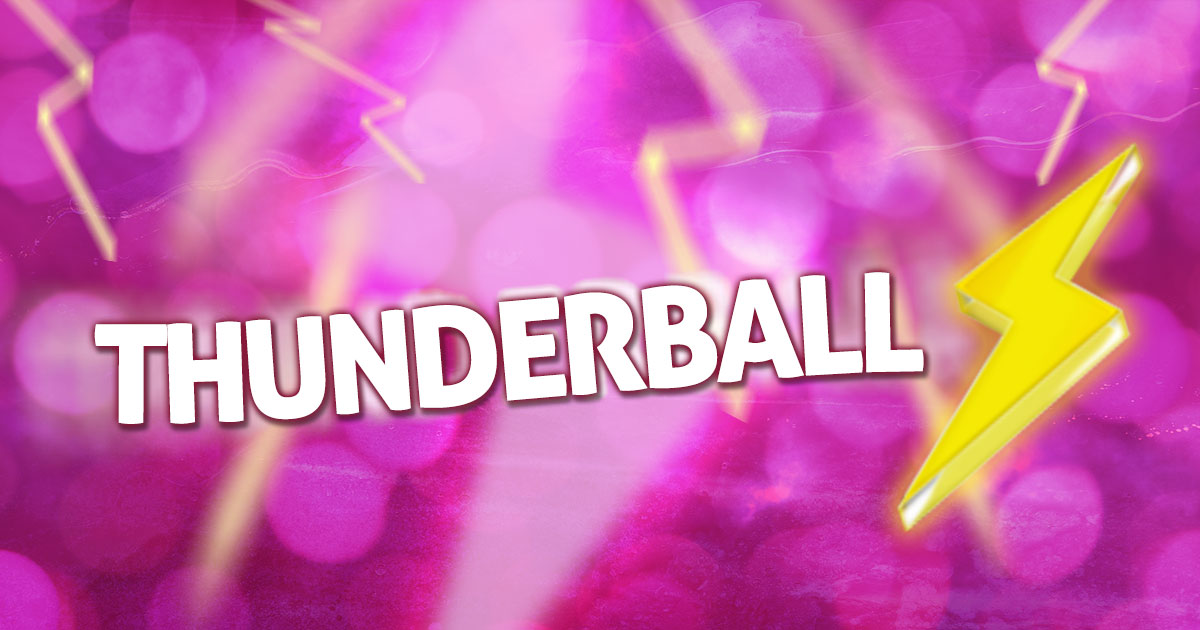frigidweirdo
Diamond Member
- Mar 7, 2014
- 50,278
- 12,184
- 2,180
I got in a heated argument with someone over a similar riddle involving tossing a coin. Say you flip a coin five times, and all five times it’s tails. He was convinced that meant the sixth time had a higher probability of being heads. No! It’s still 50/50!
Also, people won’t believe that if you play the lotto with the numbers: 1,2,3,4,5,6,7 it has just as much chance of winning as any other single combination of numbers.
it’s amazing how most people do not understand the basics of probability.
I'd disagree with the last one about the lotto numbers. It's only make a small difference but I think the chances are lower.
If you were to look at the statistics and see how often neighboring numbers come up next to each other, you might find that things are not necessarily equal.

UK Lotto Results: Complete Draw History and Winning Numbers
Check latest UK Lotto results and full draw history (since 19 October 1994). Find past winning numbers and verify your tickets!
Here's a lottery, I think it's the UK lottery, I'm not sure.
5th Jan they had two consecutive numbers
22nd December they had two consecutive numbers
11th December they had three consecutive numbers together
8th December they had two consecutive numbers together
4th December they had two consecutive
1st December they had one consecutive
Not bad, in the space of 40 days with 12 draws you had 4 pairs, 1 double pair and one triple. But nothing more than a triple.
What are the statistical chances of getting a double?
Well, 7 doubles in 12 draws. That's a high frequency. Chances of a triple? One in 12. Chances of a quadruple? Much less.

Lotto Statistics - Most Common Lotto Numbers
View the up to date Lotto statistics and comprehensive analysis, including number frequency graphs, most drawn numbers, jackpot history and much more.
Here's the frequency of the numbers. The lottery certainly isn't totally random. People get balls, they go through a process that might repeat, the machine goes through a process that repeats and perhaps there are reasons why certain numbers come out more often.
13 and 14 are the most common pair. Again, maybe this is just chance, maybe it's for some reason. Other lotteries might find it works differently. Triple numbers, 8,9,10 has appeared three times. Others have appeared twice.

Thunderball Statistics
Thunderball Statistics including the most common winning Thunderball numbers, a frequency table, the most-picked numbers and more.
Bizarrely, this thunderball thing also has numbers in the teens quite high up too. Same company, I think.

Have consecutive numbers even been drawn in the lottery (like 1, 2, 3, 4, 5, 6)?
Answer (1 of 11): If the lottery is fair then the probability of this happening depends a bit on the number of balls in the selection pool. But presuming that’s 50 then any choice that’s less than 45 will work - so there is a 90% chance that the first ball is a possible candidate. After that, onl...
Apparently in 2016 1,2,3,4,20,21 was drawn, a quadruple.
It happens. What about five consecutive numbers?
It depends on how you approach the statistics really.